Home
CHINESE STARTALK
2022–2023 Year-Round Student Program
University of Hawaiʻi at Mānoa
What is the year-round student program?
It offers participating students training supplemental to their Chinese language courses, to elevate their proficiency in Chinese.
- In Spring 2022, you will receive 75 hours of online training, 80% asynchronously (complete the tasks on your own time), with perhaps one hour per week live via Zoom, at a time to be determined via consultation with all participants later.
- In Summer 2022, if you reach at least an Intermediate Mid proficiency, you may be invited to attend a three-week on-campus camp on the University of Hawai‘i campus. Tuition, housing, and food will be covered;
- In Fall 2022 and Spring 2023, you will receive an additional 45 hours per semester of supplemental training to continue elevating your proficiency level.
What will participants gain?
The Year-Round STARTALK program will:
- link your classroom training to real-life performance—you will practice interacting with the real, contemporary Chinese environment using your Chinese language skills.
- potentially offer eight college credits for an additional minor cost (~$200) if you complete the entire program.
Who are the students?
Students who:
- are citizens or permanent residents of the U.S.,
- reside in Hawai‘i or elsewhere in the U.S.
- are in grades 11-14 (high school juniors and seniors; college freshmen and sophomores)
- are concurrently enrolled in a regular Chinese language class
- have foundational Chinese language skills already are encouraged to apply.
- In special cases, applicants outside of this range will be considered as well.
What is STARTALK?
STARTALK is part of the federal National Security Language Initiative (NSLI), funded by the National Security Agency. It responds to a recognized need to develop and teach critical need foreign language skills at the K–16 levels. Its mission is to increase the number of Americans learning, speaking, and teaching critical need foreign languages by offering students (K–16) and teachers of these languages creative and engaging experiences that strive to exemplify best practices in language education and in language teacher development. The program achieves this by providing grants to universities, public or private schools or school systems to conduct in-residence, commuter, virtual, or hybrid learning events for students.
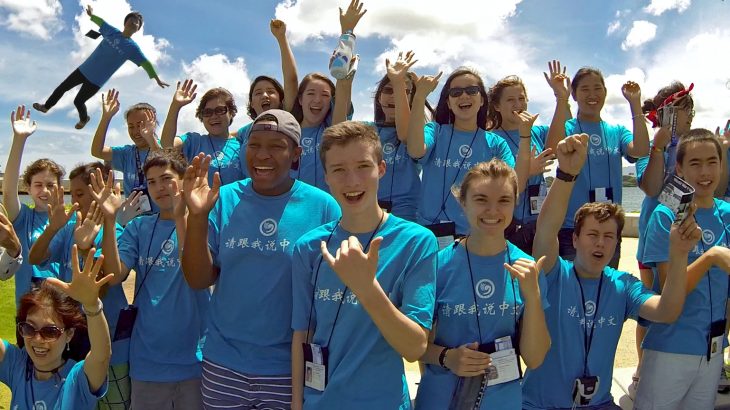

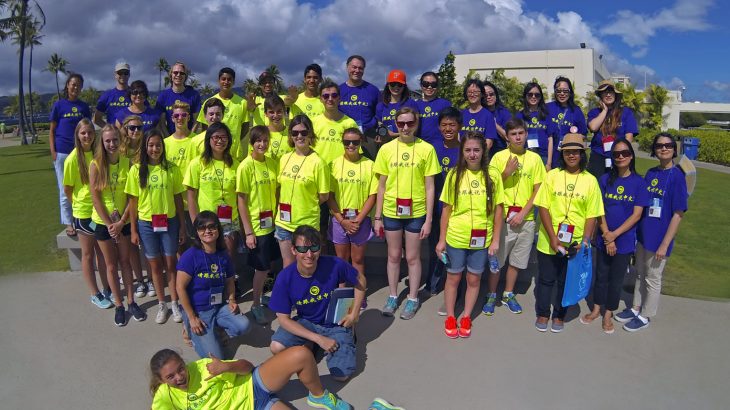
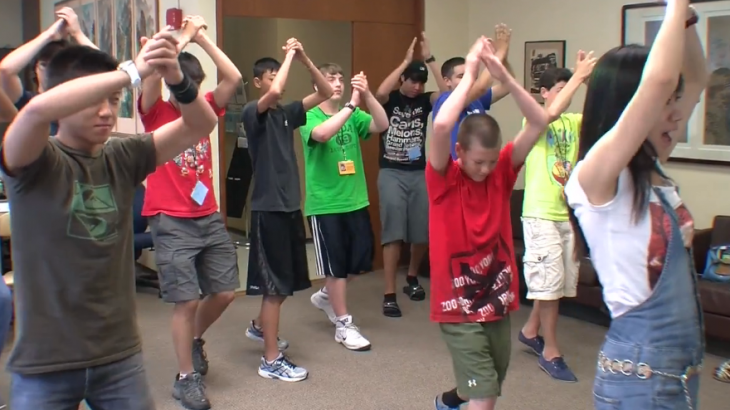

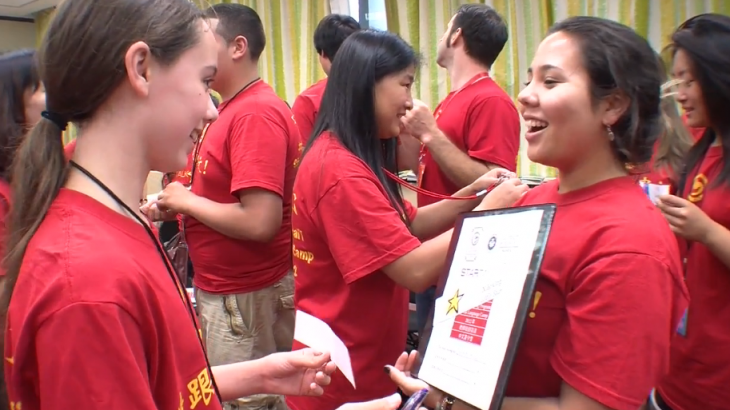
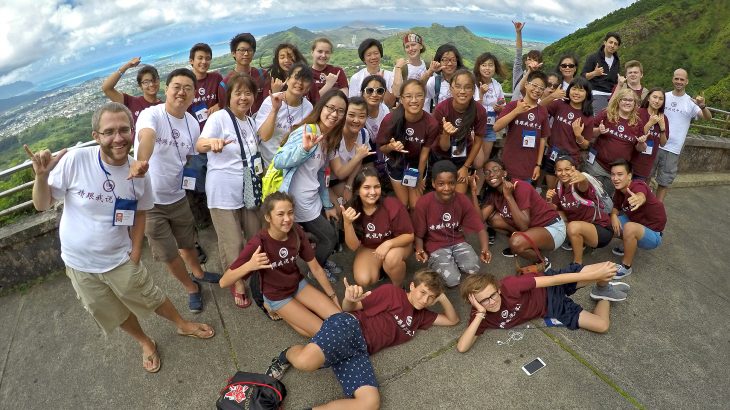

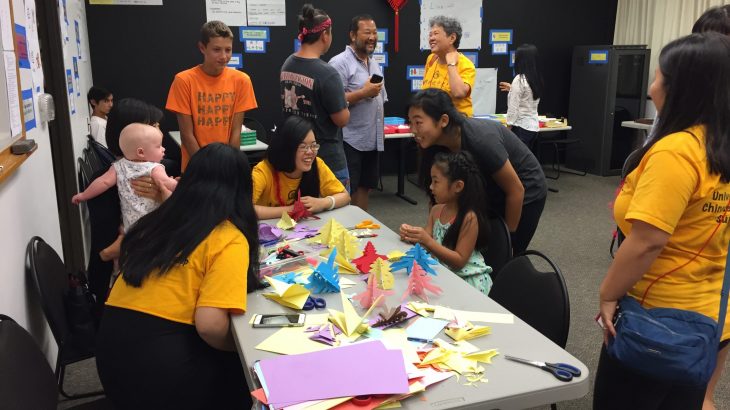
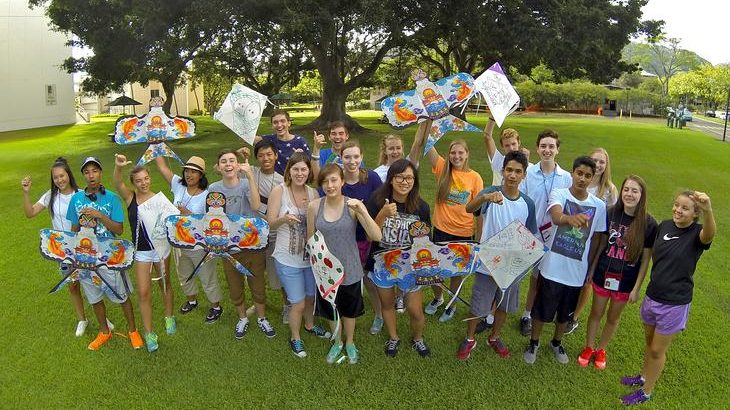
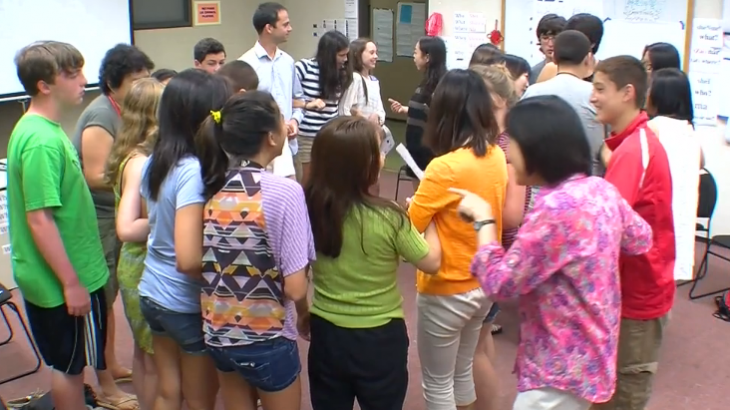
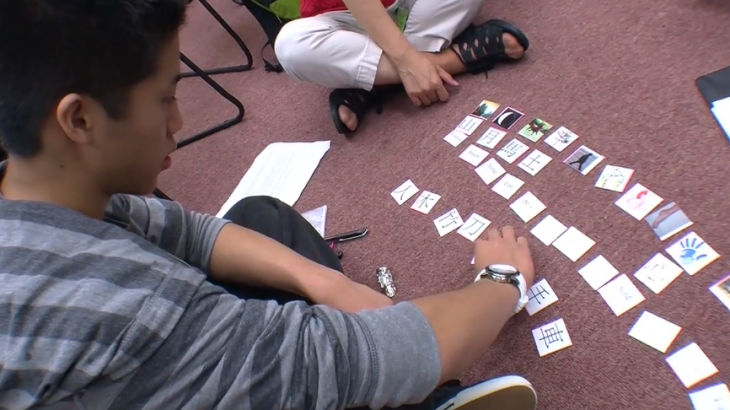
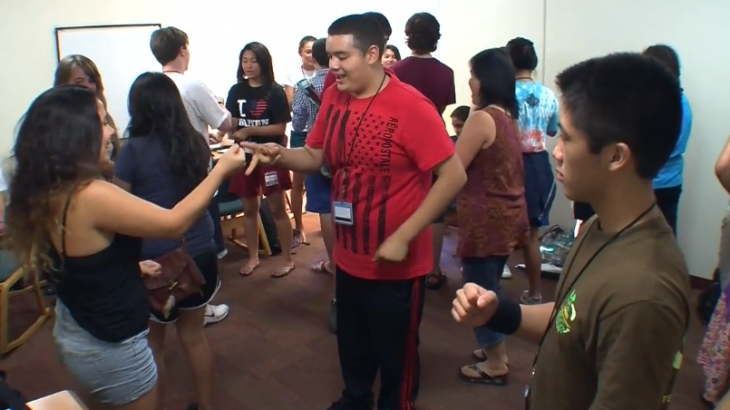
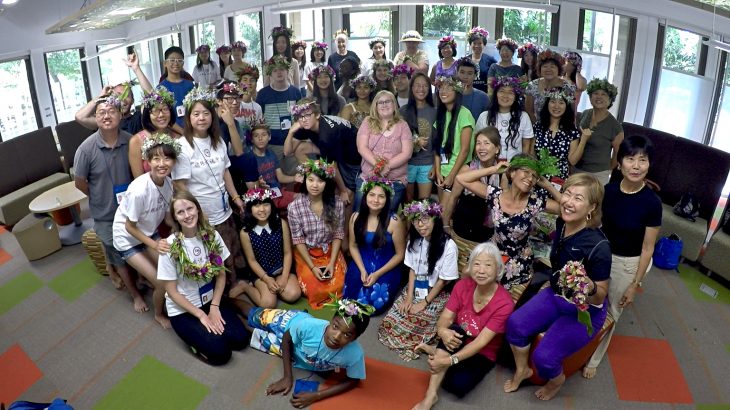
Previous
Next
